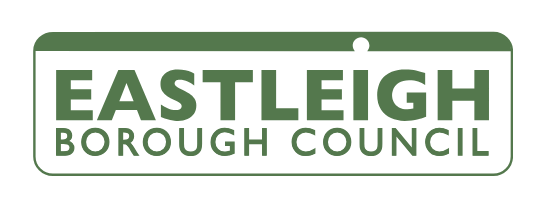The current climate has left large numbers of businesses feeling stretched as they contend with issues such as reduced teams owing to factors like budget cuts and the great resignation, and the re-introduction of staff who have been furloughed and are slowly getting back into the swing of things.
For many organisations, this means employees are spending significant amounts of time executing mundane day to day tasks to keep the business operational, with longer term goals and strategic operations that can really move the dial falling by the wayside. According to a recent study by Automation Anywhere, employees on average spend over three hours a day on repetitive tasks which aren’t part of their primary job role. As a result, these businesses are at risk of standing still, rather than being able to evolve their services and offerings and gain a competitive edge.
As competition increases across all sectors and businesses vie to attract talent, enterprises must find ways to free up their teams to focus on the more challenging and demanding tasks required of them. After all, this will be of greater value to the business and will prove more rewarding for employees who will be empowered to become more strategic.
The answer to this dilemma? Automation.
Automating administrative processes
While tasks like processing invoices or auditing and recovering duplicated payments are necessary, they are often time-intensive and take employees away from the more value-adding aspects of their roles. The use of innovative business solutions to automate those tasks can therefore enable organisations to clear the backlog and keep on top of them moving forward, increase efficiencies and even add value to the bottom line of the business.
The time savings brought about by automation aren’t to be sniffed at. In fact, according to PwC, automating finance tasks can help to save 30%-40% of the time spent on doing those tasks manually. This is a significant increase in efficiency, while also reducing instances of human error.
For employees, automating these time-intensive and repetitious tasks means they can instead move their focus to other, more strategic areas. In doing so, their job satisfaction is likely to improve as they gain more autonomy and it will be easier for them to see the correlation between their actions and the business’ success.
Additionally, by taking the strain off employees, the company will be in a better position to become more forward-looking and foster a culture of creativity and innovation.
A win-win situation
It is clear that automating the mundane but necessary tasks within businesses offers a wide range of benefits to both the organisation itself and employees. With recruitment proving challenging at the moment, automation will allow businesses to get the most value from their workforce and avoid piling the pressure on individuals to pick up additional activities.
As businesses look to differentiate themselves and retain employees, being able to reassign individuals to more creative, strategic and value-adding tasks, that allow them to problem solve and innovate, can go a long way to increasing morale and retention.
At Liberata, we can help you to achieve tech-driven efficiency so you can alleviate the pressure on your employees brought about by staffing issues, and at the same time achieve time and cost savings, increase the bottom line and enhance employee satisfaction. If you’d like to find out more, get in touch with us today.





